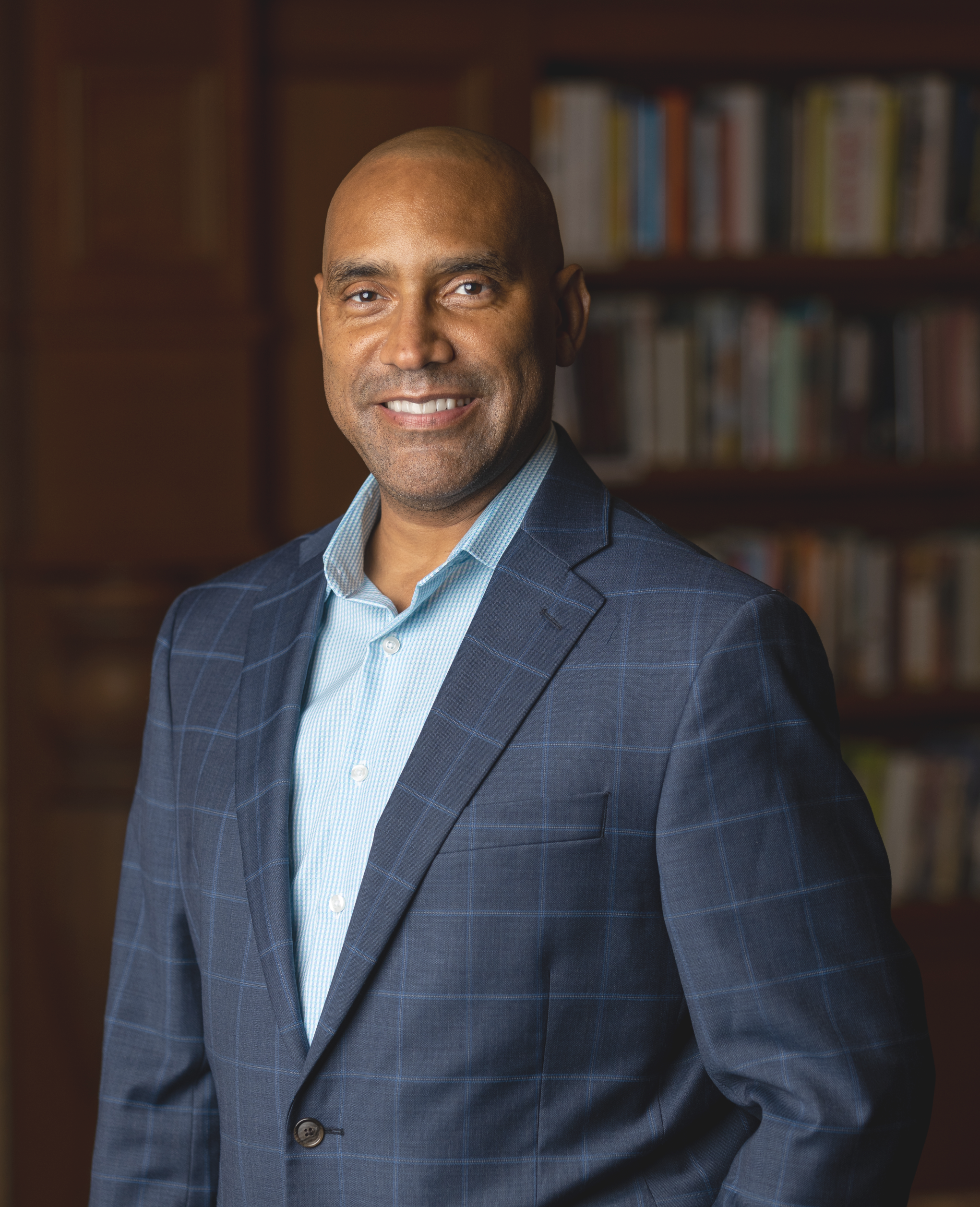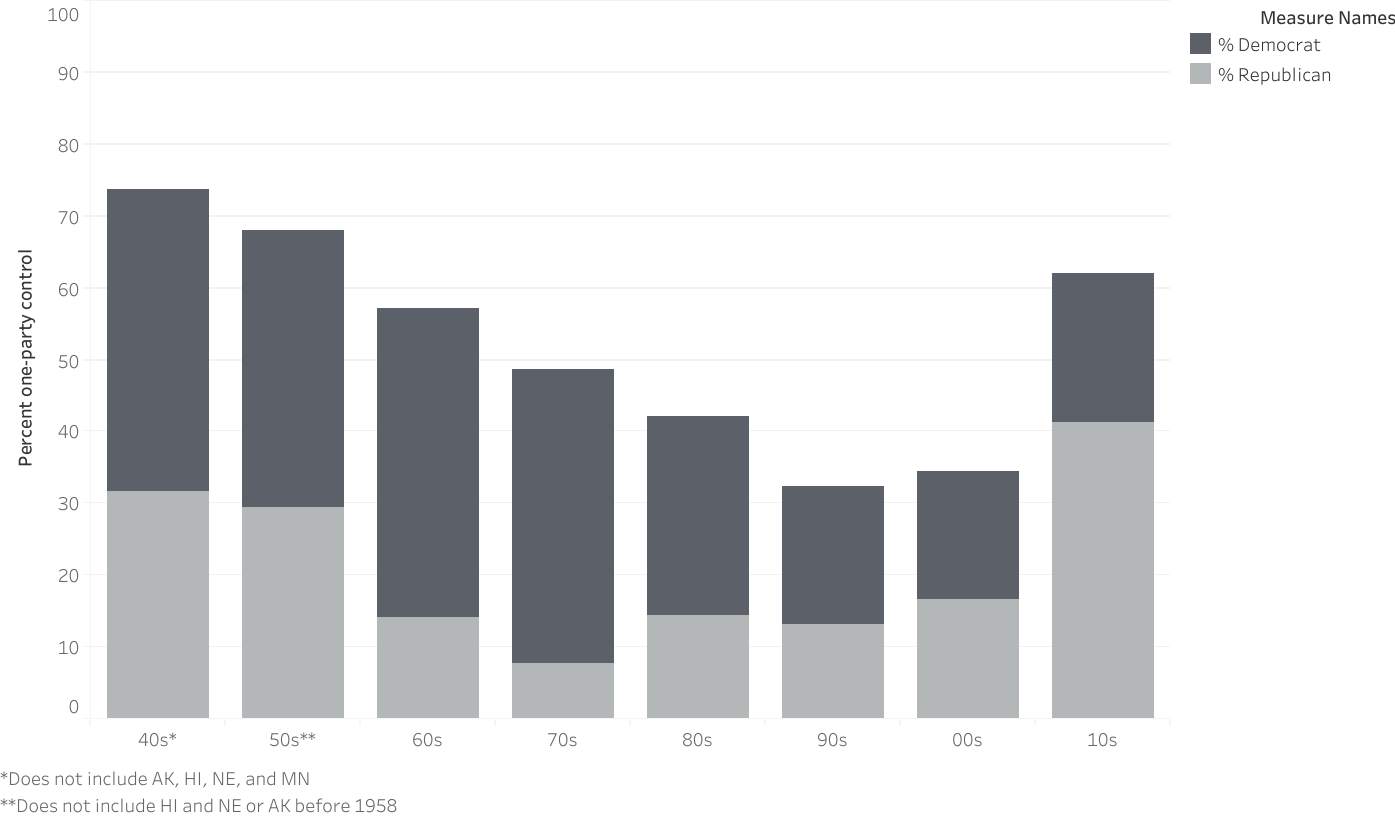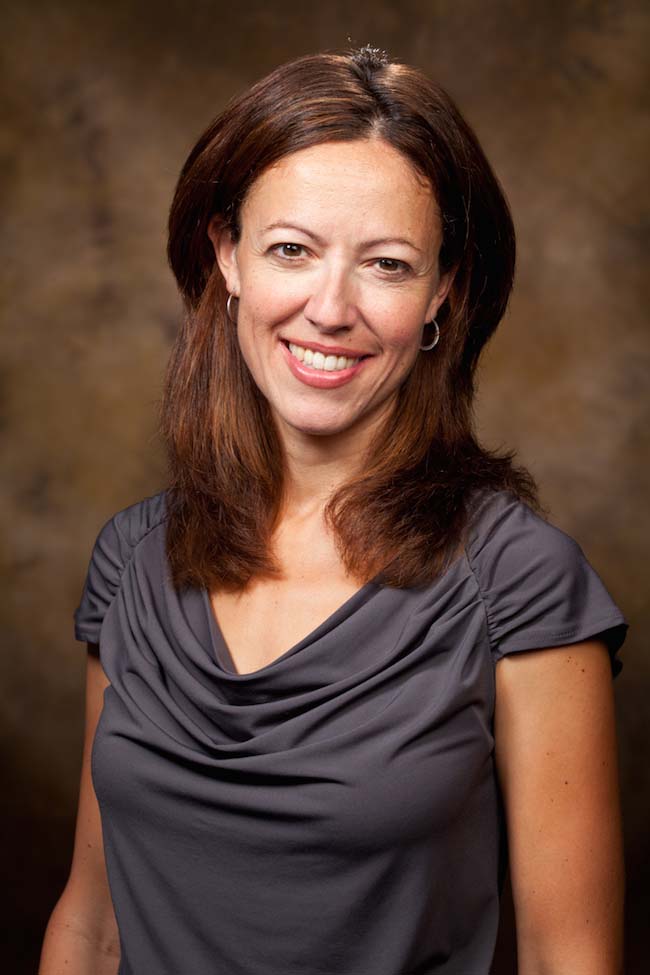Political Experts Say Midterm Election Is Important But Expect No Surprises In State’s One-Party Dominance
October 24-30, 2022
By Wesley Brown
Arkansas election experts who are closely monitoring the Nov. 8 midterm elections don’t discount its significance to democracy following the Jan. 6 insurrection. However, those same experts stressed that each general election is important, whether during the midterms or the presidential election.
University of Arkansas at Fayetteville Professor Janine Parry, a political scientist and director of the highly watched Arkansas Poll, said the “most important election” is always the most recent one. “Whoever is in that seat says that every time,” said Parry of GOP and Democratic Party leaders.
The UAF political expert said that since the U.S. Supreme Court began pushing public policy to the states during the 1990s, midterms are no longer “off-year elections” that are less important that the presidential election held every four years.
“They are ‘on-year’ elections,” Parry said of the midterm elections, including the upcoming Nov. 8 national vote. “This is when environmental policy, transportation policy, education policy, health policy, and gun policy get made. It was always the case that the majority of the public policy and half the spending is decided in non-presidential years, but it has been sometime since the decisions made by state and local level policymakers (are) as consequential during the midterms as they will be for the next decade or more.”
Kwami Abdul-Bey, elections coordinator for the Arkansas Public Policy Panel, also stressed the importance of voter participation in the midterms and other local and state elections. Because of low voter turnout in Arkansas, Abdul-Bey said recent election data show that most legislators now serving in the Arkansas General Assembly were elected by a relatively small pool of voters.
“You pull the data on the number of votes that put them in the position that they are in, we have people that are running amuck in the (legislature) that are in office because a few hundred their friends sent them to the State Capitol and all the other people thousands of people in that district said nothing,” said Adbul-Bey, who is pursuing a Master of Public Service degree and a graduate certificate in Data Analysis for Social Change at the University of Arkansas Clinton School of Public Service.
“Your non-vote is still a vote,” Adbul-Bey said of Arkansas’ one-party domination, including the GOP supermajority at the Arkansas legislature and Republican Party stranglehold on all statewide and congressional offices. “We can talk about the 33% of people who actually bother to wake up and get dressed and cast a ballot, well that other 67% that didn’t show up, they cast a ballot too. They speak loudly, but others suffer the consequence of their (non-vote).”
In the upcoming election, both Adbul-Bey and Parry say the election data shows that non-GOP candidates will have difficulty gaining more than 35% of the vote. Both also said the possible outlier on Nov. 8 is the candidacy of Democratic candidate Chris Jones, who has visited all 75 counties in his bid to become Arkansas’ first Black governor.
Jones is running against GOP nominee Sarah Huckabee Sanders, the spokeswoman for former President Donald Trump and the daughter of former Arkansas Gov. Mike Huckabee. According to a Sept. 18 Talk Business & Politics survey of 835 likely Arkansas voters, Sanders leads Jones by 11-percentage points with only 7% of voters undecided in this race.
Despite Sanders huge advantage, Abdul-Bey said Jones has taken a page out of the playbook of Georgia gubernatorial candidate Stacey Abrams in creating a strong groundswell of support for a Democratic candidate in a GOP stronghold.
“In looking at what Dr. Chris Jones is doing in his campaign; I think he has studied a little bit of what Stacey has done in Georgia in his tour of the state and visiting all 75 counties. That is fundamental and monumental,” said Adbul-Bey. “If we do see an increase in voting in Arkansas, then we have to give him some of the credit.”
Parry also cited Jones strong campaign but noted that her internal polling data still shows that 40% could be the ceiling for his candidacy in the race for governor.
“I am curious to see if this exceptional, dynamic candidate that Democrats have put up in their nomination for governor, Chris Jones, can exceed that (35%) ceiling. Maybe he can hit 40%, but I am not buying the only public poll that says there is a 11-point gap. I just don’t see it. It is not what recent election outcomes would predict,” said Parry. “If (Jones) hit 40% or 42%, that would be epic in the contemporary Arkansas political landscape.”
One-party monopolies
Recently, Parry and fellow University of Arkansas political scientist Andrew Dowdle completed a new study on both the long-time frequency and the dramatic resurgence of one-party monopolies in the politics of the American states, including Arkansas. Parry’s and Dowdle’s study are particularly timely as it was released on the final day to register to vote in the 2022 election, Tuesday, Oct. 11.
The study, Parry said, draws upon many indicators of a state’s party profile. Specifically, with the help of several students over the last five years, they built a dataset that includes the party breakdown of the state legislature, congressional delegation, and popular votes for governor and president for every state between 1935 and 2020.
Averaging these values for any given year — or across decades — yields a score of between zero and one. Arkansas, for example, consistently scored above 0.6, making it solidly Democratic, through 2009. By 2014, it had fallen to 0.28. Today, it is 0.18, making it one of the most Republican in the country.
While Arkansas’ change was unusually swift, Parry and Dowdle note, its preference for single-party monopoly is not unique. Most states have heavily favored one of the two major parties for at least a century. Among the most uniform and longest lasting of these monopolies are Kansas, South Dakota, and Wyoming on the Republican side, and Hawaii, Maryland, and Rhode Island on the Democratic side.
After signs of greater two-party competition in the 1990s one-party monopolies have rebounded, Parry said.
“Most observers of American politics perceive this as a time of intense competition between the major parties for control of our governing institutions and, consequently, the direction of public policy,” Parry said. “That is not at all what’s actually happening in the elections that matter most: the states.”
The study appears in the spring volume of State Politics and Policy Quarterly here: https://bit.ly/3SgnH5p
Photo Captions:
1. Kwami Abdul-Bey, elections coordinator for the Arkansas Public Policy Panel.
2. Janine Parry, University of Arkansas at Fayetteville professor, political scientist, and director of the Arkansas Poll.
3. A new study – led by University of Arkansas political scientists Janine Parry and Andrew Dowdle – documents both the long-time frequency and the dramatic resurgence of one-party monopolies in the politics of the American states, including Arkansas.





